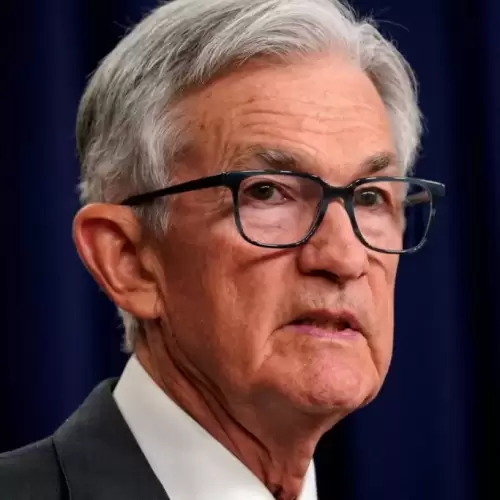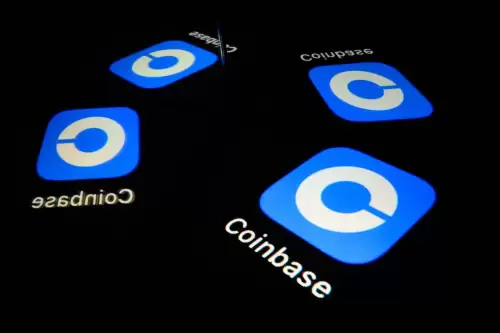 |
|
 |
|
 |
|
 |
|
 |
|
 |
|
 |
|
 |
|
 |
|
 |
|
 |
|
 |
|
 |
|
 |
|
 |
|
Cryptocurrency News Articles
Pakistan's Mining Ambitions: Balancing Innovation with Reality - A Look at Antminer S23 and Beyond
Jun 18, 2025 at 11:10 pm
Pakistan's bold crypto mining plan faces IMF scrutiny. Can it balance innovation with economic stability, especially with miners like the Antminer S23 in the mix?

Pakistan's ambitious plan to allocate 2,000 MW for crypto mining and AI, particularly involving efficient miners like the Antminer S23, is a high-stakes gamble. Will it pay off, or will it short-circuit the nation's economy?
Pakistan's Crypto Play: A Mining Hub in the Making?
Pakistan is making waves with its plan to become a global hub for digital finance. The country intends to allocate a significant 2,000 MW of electricity to block reward mining and AI data centers. Spearheaded by figures like Bilal Bin Saqib, this initiative aims to leverage Pakistan's surplus energy to attract crypto miners, blockchain companies, and AI firms. The announcement, made at the BTC Vegas 2025 conference, positions Pakistan as a potential pioneer among developing nations embracing decentralized finance (DeFi).
Antminer S23: Efficiency Matters
The discussion around mining inevitably brings up the hardware. The Antminer S23 series, boasting sub-10 joules per terahash efficiency, represents a significant leap in mining technology. Efficiency is crucial, especially in regions where electricity costs are a concern. While not explicitly stated, the implication is clear: miners deploying efficient hardware like the S23 stand a better chance of profitability, even in environments with subsidized, but not dirt-cheap, electricity rates.
The IMF's Scrutiny: A Reality Check
However, this ambitious plan isn't without its challenges. The International Monetary Fund (IMF) is questioning the legality, sustainability, and potential impact on Pakistan’s strained energy grid. Concerns revolve around diverting 2,000 MW to mining, potentially worsening outages and undermining economic stability. The subsidized electricity rates for miners, around $0.09 per kWh, have also drawn criticism, especially when compared to higher rates paid by households and industries.
Energy Paradox: Surplus vs. Affordability
Pakistan faces an energy paradox: excess generation capacity coupled with high electricity prices and frequent outages. Industrial electricity rates are significantly higher than those in established mining hubs. The plan's viability hinges on offering subsidized rates, but this preferential treatment raises eyebrows. Critics argue that focusing on renewable energy sources, which currently constitute a small fraction of Pakistan's power mix, would be a more sustainable approach.
Regulatory Hurdles and the FATF
Regulatory hurdles further complicate Pakistan's crypto ambitions. Digital currency remains illegal for domestic use, creating a contradiction between the government's global pitch for crypto investment and its internal policies. The Financial Action Task Force (FATF) adds another layer of complexity, given Pakistan's history on its grey list for money laundering risks.
Potential Upsides and the Path Forward
Despite these challenges, Pakistan's initiative has potential upsides. The country's young, tech-savvy population and untapped renewable energy potential offer a strong foundation for digital innovation. The initiative could drive economic growth by creating tech jobs and attracting foreign investment. The success of Pakistan's plan hinges on addressing energy reliability, regulatory clarity, and IMF concerns.
Cloud Mining Emerges as an Alternative
While Pakistan grapples with its mining infrastructure, cloud mining platforms like MiningCoop offer an alternative for individuals seeking to participate in Bitcoin mining without the complexities of hardware ownership. These platforms leverage AI-driven hash rate scheduling and global mining pool integration to provide users with convenient and efficient BTC earning solutions. The rise of cloud mining suggests a growing interest in accessible and hassle-free ways to engage with cryptocurrency mining.
Final Thoughts: Will Pakistan Strike Gold?
Pakistan's crypto mining experiment is a bold move, a high-stakes gamble with the potential for significant rewards. But as Pakistan navigates this path, it must address the concerns of the IMF, clarify its regulatory stance, and ensure a stable and affordable energy supply. If it can pull it off, Pakistan could indeed become a major player in the global crypto landscape. If not, well, let's just hope they have a good backup plan. Either way, it's going to be an interesting ride!
Disclaimer:info@kdj.com
The information provided is not trading advice. kdj.com does not assume any responsibility for any investments made based on the information provided in this article. Cryptocurrencies are highly volatile and it is highly recommended that you invest with caution after thorough research!
If you believe that the content used on this website infringes your copyright, please contact us immediately (info@kdj.com) and we will delete it promptly.





























































